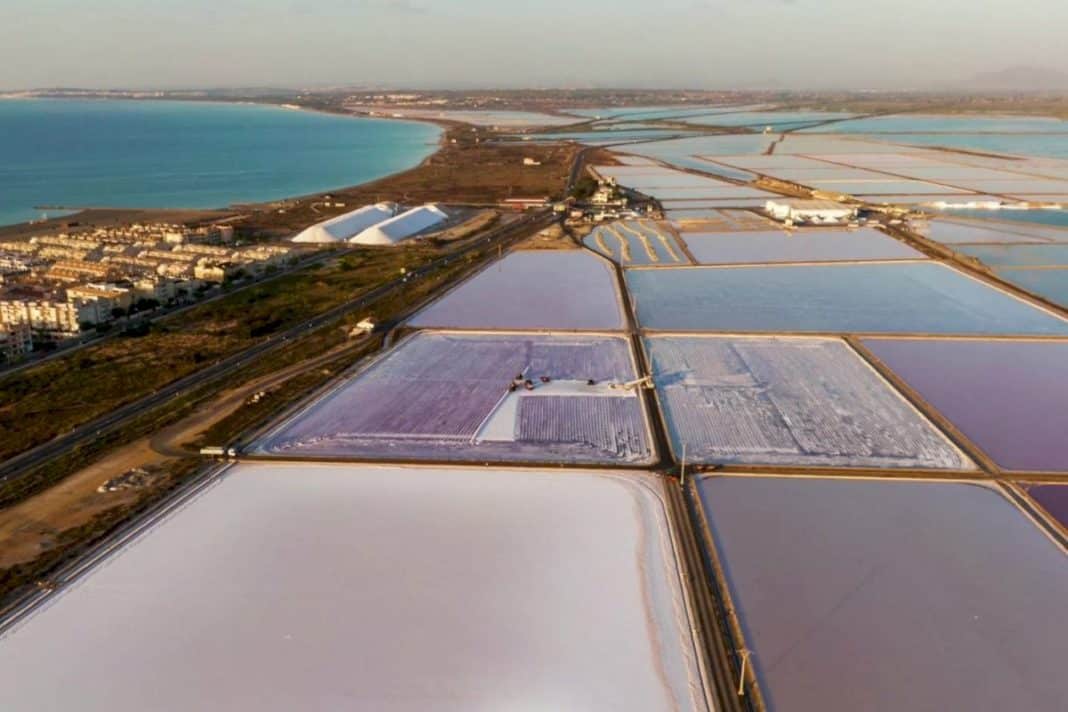The Committee for Organic Agriculture of the Valencian Community (CAECV), the entity in charge of the control, certification, representation, and defence of organic products, as well as their research and promotion, has issued the first certificate of conformity for ecological sea salt produced in the Salinas Bras del Port de Santa Pola.
This salt mine already had an ecological range under a private referential. Now, with the entry into application of the new Regulation (EU) 2018/848 on January 1, sea salt is included in its field of application.
Until now, the Regulation did not allow the use of the Euro Sheet (seal that guarantees that a product is organic) in the labelling of salt, unless it was a condiment (salt mixed with organic herbs). However, some certifiers of a national and private nature, did certify it as an ecological product.
This is the case of INTERECO, the entity that brings together the fourteen public ecological control authorities of the country and among which is the CAECV, has been certifying ecological salt based on its reference since 2012, thus meeting the demand of producers and consumers who requested it.
Not only companies that produce sea salt, but also companies that package, market and distribute organic sea salt, have changed to the control system established by the European organic production regulation. In the Valencian Community and fourteen other autonomous communities, the public control system will be in charge of certifying the product, as is the case with the CAECV.
On January 1, 2022, the new Organic Production Regulation came into force, which aims to reflect the evolution of the sector to its rapid growth, guaranteeing fair competition for farmers and, at the same time, avoiding fraud and maintaining trust of consumers.
The regulation extends the scope of application of the organic production standards to a broader list of products, among which sea salt and other salts have been included, since Europe has detected that there is a great demand as it is produced under techniques and because its production can contribute to the development of rural areas.
Since 2022, it has been incorporated into the scope of application, so the certification authorities will be able to certify it, giving continuity to the certification issued by INTERECO to date.
The European standard for sea salt and other salts for food and feed is being widely debated within the Commission. Initially, the objectives, basic principles, production standards and labelling have been published, based on which to certify sea salt.
The salt, controlled and certified under the organic production standard, guarantees the consumer about the production and packaging method, and about the fulfilment of the organic production objectives.





